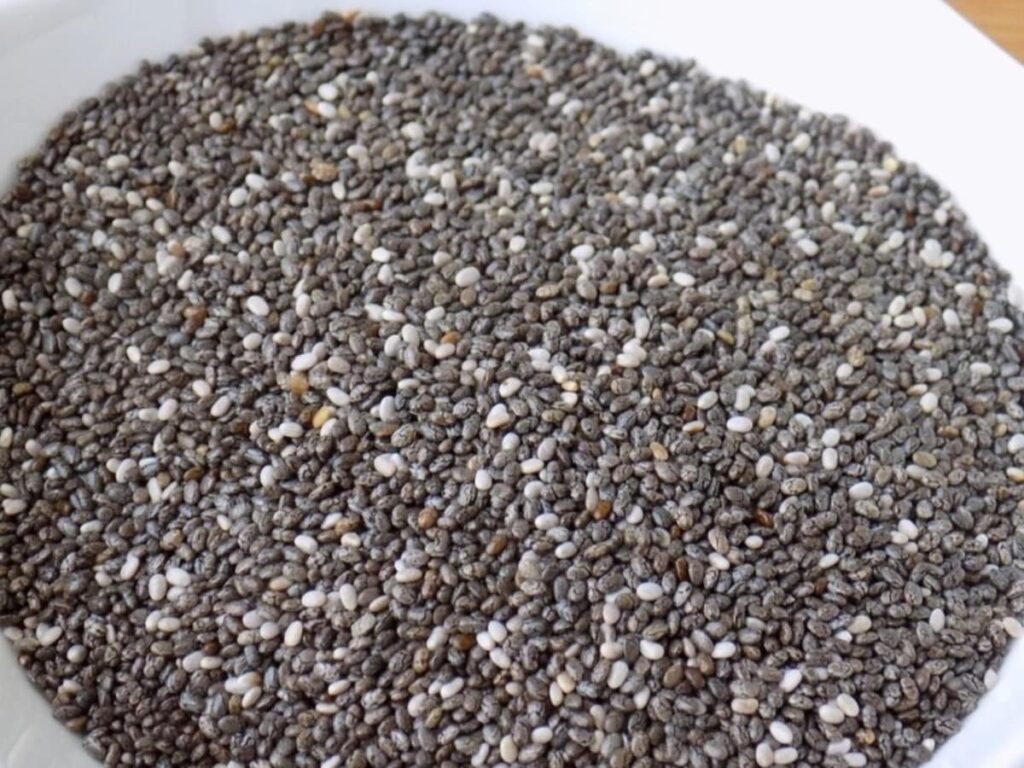Chia seeds are often hailed as a superfood due to their impressive nutritional profile, which includes omega-3 fatty acids, fiber, proteins, and various essential minerals. However, despite their numerous health benefits, it’s important to be aware of certain health risks associated with their consumption. This article delves into the potential health risks of chia seeds and provides guidance on how to enjoy them safely.
Understanding Chia Seeds
Chia seeds, derived from the Salvia hispanica plant, have been consumed for centuries and are renowned for their nutrient-dense makeup. These tiny seeds can absorb water and swell up, making them a popular addition to smoothies, yogurt, and salads. They are typically praised for various health benefits, including improved digestion, heart health, and weight management.
Nutritional Profile of Chia Seeds
| Nutrient | Amount per 100g |
|---|---|
| Calories | 486 |
| Protein | 16.5g |
| Fat | 30.7g |
| Carbohydrates | 42.1g |
| Dietary Fiber | 34.4g |
| Omega-3 Fatty Acids | 17.8g |
Health Risks of Chia Seeds
1. Gastrointestinal Issues
One of the most common health risks associated with chia seeds is their potential to cause gastrointestinal discomfort. Due to their high fiber content, excessive consumption can lead to bloating, gas, and abdominal cramping. It’s recommended to gradually increase intake and consume adequate amounts of water to aid digestion.
2. Allergic Reactions
Although rare, some individuals may experience allergic reactions to chia seeds. Symptoms can include rashes, itching, or even more severe reactions such as difficulty in breathing. It is crucial for those with known allergies to seeds or nuts to approach chia seeds cautiously.
3. Choking Hazard
Chia seeds can absorb a significant amount of water and expand. If ingested dry and without sufficient liquid, they can pose a choking hazard, particularly for children or individuals with swallowing difficulties. Always soak chia seeds before consumption or ensure they are consumed as part of a dish with ample moisture.
4. Interaction with Medications
Chia seeds may interact with certain medications, particularly blood thinners owing to their omega-3 fatty acid content. Individuals on such medications should consult their healthcare provider before adding chia seeds to their diet.
5. Weight Management Concerns
While chia seeds are often incorporated in weight loss diets due to their fiber content, overconsumption can lead to caloric excess. It’s essential to consume chia seeds in moderation and as part of a balanced diet to avoid unintended weight gain.
How to Safely Incorporate Chia Seeds into Your Diet
- Start with a small amount, such as one tablespoon per day, and gradually increase as your body adjusts.
- Always soak chia seeds in water or another liquid for at least 30 minutes before consuming them.
- Drink plenty of water throughout the day, as fiber needs sufficient hydration to aid digestion.
- Consult with a healthcare professional if you have existing health conditions or are taking medications.
Conclusion
Chia seeds can be a powerful addition to a healthy diet, providing a wealth of nutrients and potential health benefits. However, it is crucial to understand the associated health risks and how to mitigate them. By incorporating chia seeds mindfully and in moderation, you can enjoy their benefits while minimizing potential issues. Always consult with a healthcare provider if you have any health concerns or dietary restrictions.
